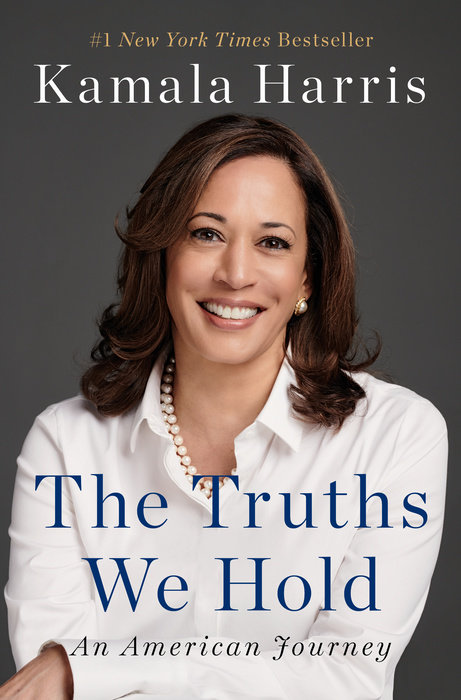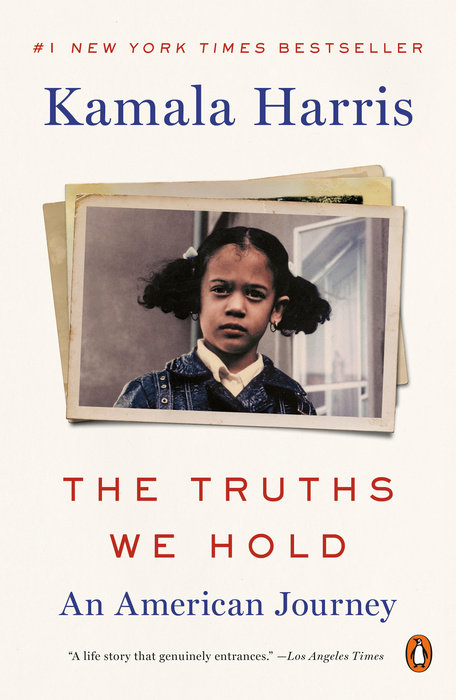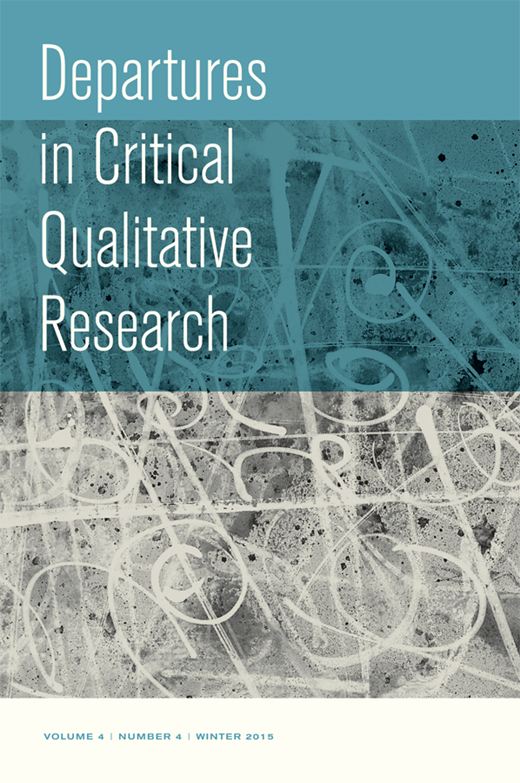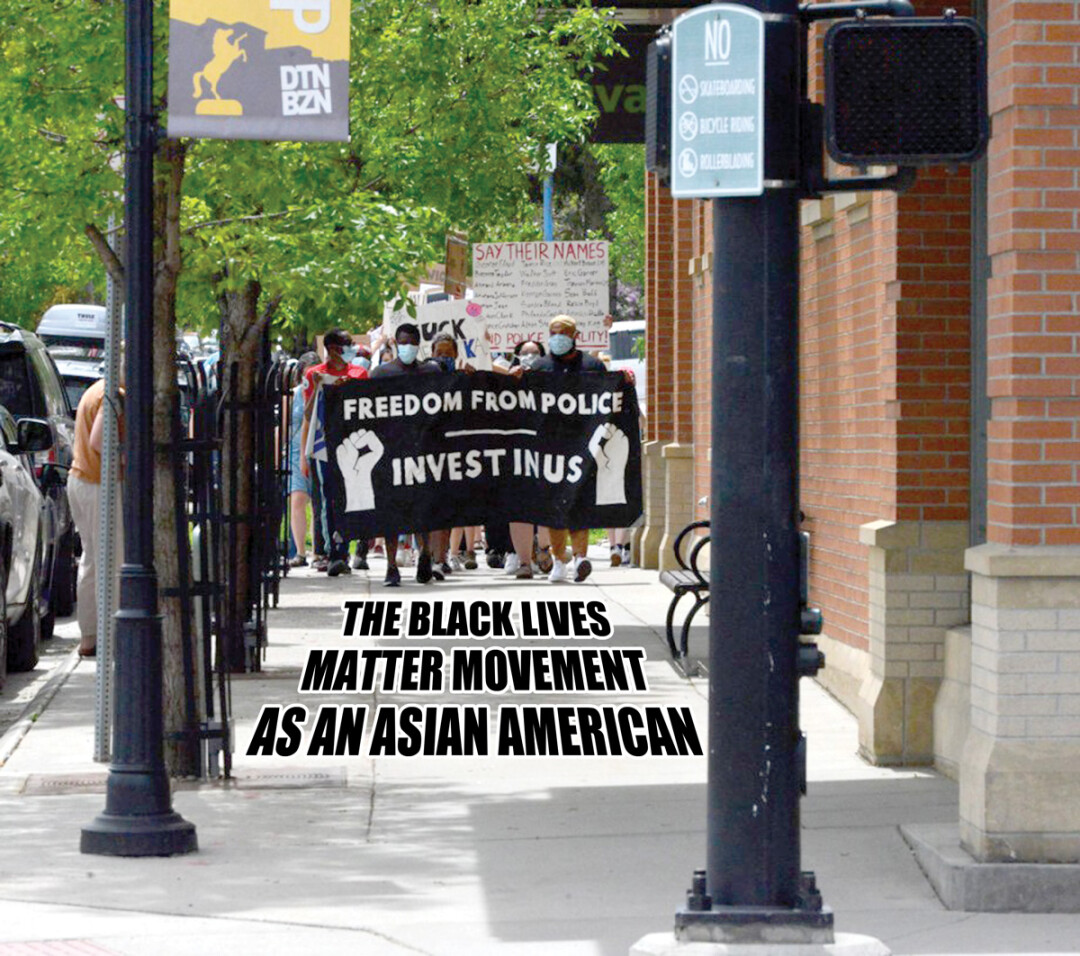Memorial Drive: A Daughter’s MemoirPosted in Autobiography, Biography, Books, Media Archive, Monographs, United States, Women on 2020-08-12 01:11Z by Steven |
Memorial Drive: A Daughter’s Memoir
Ecco (an imprint of HarperCollins)
2020-07-28
224 pages
6x8in
Hardcover ISBN: 9780062248572
Large Print ISBN: 9780063076709
E-book ISBN: 9780062248596
Digital Audio, MP3 ISBN: 9780063005860
Natasha Trethewey, Board of Trustees Professor of English
Northwestern University, Evanston, Illinois
An Instant New York Times Bestseller
A chillingly personal and exquisitely wrought memoir of a daughter reckoning with the brutal murder of her mother at the hands of her former stepfather, and the moving, intimate story of a poet coming into her own in the wake of a tragedy
At age nineteen, Natasha Trethewey had her world turned upside down when her former stepfather shot and killed her mother. Grieving and still new to adulthood, she confronted the twin pulls of life and death in the aftermath of unimaginable trauma and now explores the way this experience lastingly shaped the artist she became.
With penetrating insight and a searing voice that moves from the wrenching to the elegiac, Pulitzer Prize–winning poet Natasha Trethewey explores this profound experience of pain, loss, and grief as an entry point into understanding the tragic course of her mother’s life and the way her own life has been shaped by a legacy of fierce love and resilience. Moving through her mother’s history in the deeply segregated South and through her own girlhood as a “child of miscegenation” in Mississippi, Trethewey plumbs her sense of dislocation and displacement in the lead-up to the harrowing crime that took place on Memorial Drive in Atlanta in 1985.
Memorial Drive is a compelling and searching look at a shared human experience of sudden loss and absence but also a piercing glimpse at the enduring ripple effects of white racism and domestic abuse. Animated by unforgettable prose and inflected by a poet’s attention to language, this is a luminous, urgent, and visceral memoir from one of our most important contemporary writers and thinkers.










